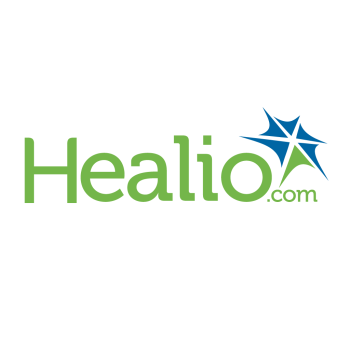K
Kathleen Martin
Guest
Data used well via artificial intelligence and transparent algorithms offers health care a glimpse into democratization and equitable, efficient and efficacious care, according to an expert speaking at The Liver Meeting Digital Experience.
“Over the next six quarters, ... we are going to see technology advancements, we are going to see policy and regulatory change and cultural expectations that will ask us to deliver cures in novel settings using novel methods and processes that will require us as providers to rethink how health care works in this country and internationally,” John D. Halamka, MD, MS, president of the Mayo Clinic Platform, said during his President’s Choice Lecture.
Prerequisites to streamlined care
Halamka challenged meeting attendees to adjust their views of what a platform is and what it offers to both physicians and patients.
“Whether you’re a provider or just a care navigator for a family ... in 2020 and 2021, care is often challenging to coordinate. It’s not clear where you go next, what disease state you have, ... bringing the right patient to the right facility ... to get the right care ... is guesswork,” he said. “We want something different. By 2030, we want continuous care that’s easy to access and navigate based on evidence and [we want to] make this care equitable and highly available to all. And if we are going to achieve that, there are several prerequisites.”
Halamka said that initiatives such as the Mayo Clinic Platform need to build on four main areas: gathering novel sources of data, discovering what the data means, validating the function of the data and subsequent algorithms, and then delivering them into the workflow.
Continue reading: https://www.healio.com/news/hepatology/20211113/artificial-intelligence-algorithms-lead-the-way-for-health-cares-bold-new-future
“Over the next six quarters, ... we are going to see technology advancements, we are going to see policy and regulatory change and cultural expectations that will ask us to deliver cures in novel settings using novel methods and processes that will require us as providers to rethink how health care works in this country and internationally,” John D. Halamka, MD, MS, president of the Mayo Clinic Platform, said during his President’s Choice Lecture.
Prerequisites to streamlined care
Halamka challenged meeting attendees to adjust their views of what a platform is and what it offers to both physicians and patients.
“Whether you’re a provider or just a care navigator for a family ... in 2020 and 2021, care is often challenging to coordinate. It’s not clear where you go next, what disease state you have, ... bringing the right patient to the right facility ... to get the right care ... is guesswork,” he said. “We want something different. By 2030, we want continuous care that’s easy to access and navigate based on evidence and [we want to] make this care equitable and highly available to all. And if we are going to achieve that, there are several prerequisites.”
Halamka said that initiatives such as the Mayo Clinic Platform need to build on four main areas: gathering novel sources of data, discovering what the data means, validating the function of the data and subsequent algorithms, and then delivering them into the workflow.
Continue reading: https://www.healio.com/news/hepatology/20211113/artificial-intelligence-algorithms-lead-the-way-for-health-cares-bold-new-future

